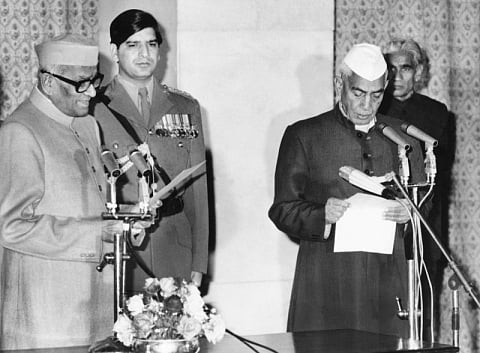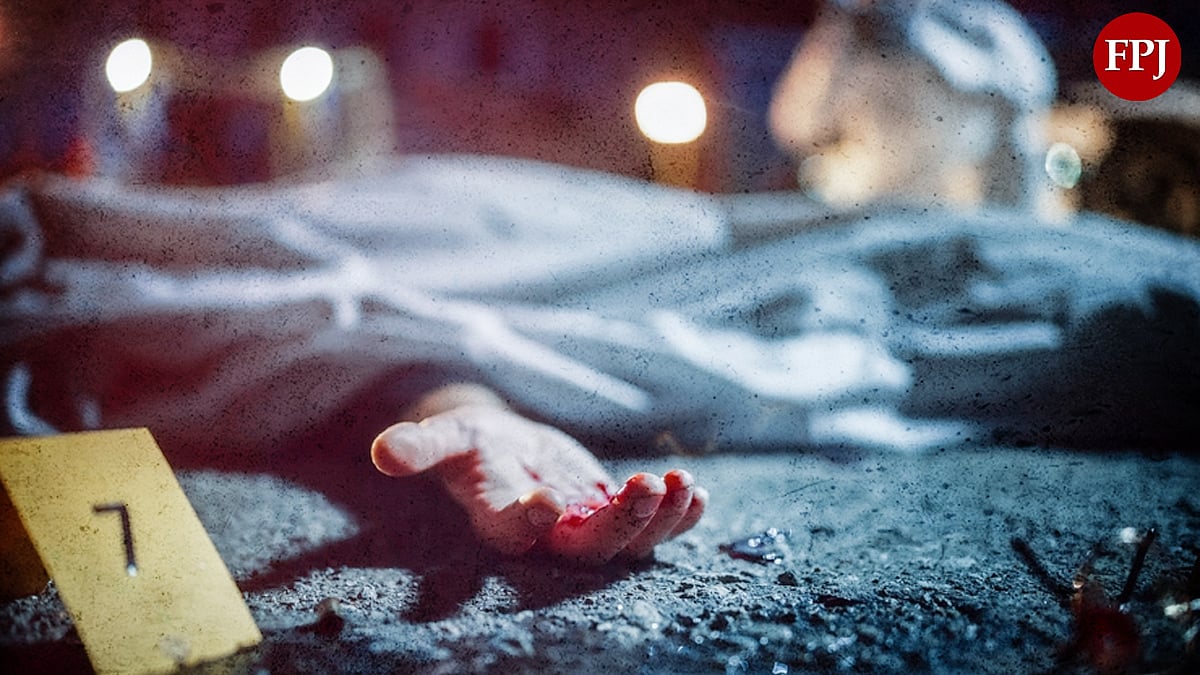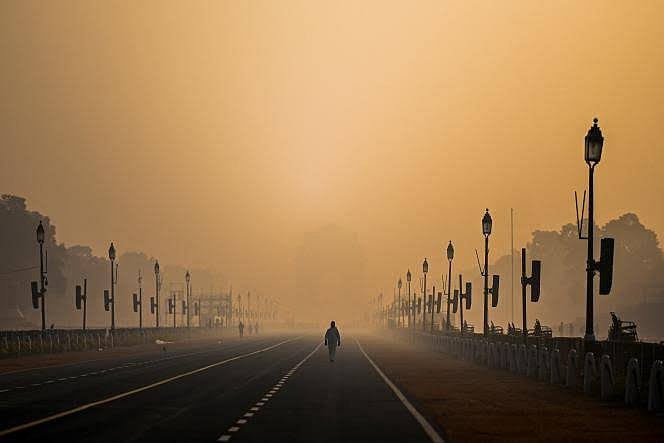Neelam Sanjiva Reddy was an Indian politician, freedom activist, and the sixth President of India. He was the youngest President of India and remained in the office of the President from 1977 to 1982.
Right from his childhood, Reddy had been actively involved into the freedom movement and as a result, held several eminent positions before and after India attained independence.
Reddy is the only elected President of India without any opposition who brought about distinctive changes to public life through his intense commitment towards parliamentary democracy and its essential norms, immediately following the period of Emergency.
His active participation in the freedom struggle landed him in prison but that did not stop his faith, determination, and passion for nation's independence.
Early Life
Reddy was born into a Telugu-speaking Hindu family in Illur village, Madras Presidency (present-day Anantapur district, Andhra Pradesh) on 19 May 1913.
It was Mahatma Gandhi's visit to Anantapur in 1929 that changed the course of his life and left a great impact on Reddy. As a result, he left his studies midway and gave away his foreign clothes only to dress himself in khadi.
He studied at the Theosophical High School at Adayar in Madras and later enrolled at the Government Arts College at Anantapur, an affiliate of the University of Madras, as an undergraduate.
In 1958, Sri Venkateswara University, Tirupati bestowed the degree of Honorary Doctor of Laws on him because of his role in its founding.
Political Career
Elected to the Madras Legislative Assembly in 1946 as a Congress representative, Reddy became secretary of the Congress' legislature party. He was also a Member of the Indian Constituent Assembly from Madras.
From April 1949 to April 1951, he was the Minister for Prohibition, Housing and Forests of the Madras State. Reddy lost the 1951 election to the Madras Legislative Assembly to the Communist leader Tarimela Nagi Reddy.
Reddy served thrice as President of the Indian National Congress at its Bangalore, Bhavnagar and Patna sessions during 1960 to 1962.
At the Congress session at Goa in 1962, Reddy's speech stating India's determination to end the Chinese occupation of Indian territory and the irrevocable nature of the liberation of Goa was enthusiastically received by attendees.
He was thrice member of the Rajya Sabha. From June 1964, Reddy was Union Minister of Steel and Mines in the Lal Bahadur Shastri government. He also served as Union Minister of Transport, Civil Aviation, Shipping and Tourism from January 1966 to March 1967 in Indira Gandhi's Cabinet.
On the declaration of a new state of Andhra Pradesh in 1956, Reddy became its first Chief Minister in October the same year. He was honored with the degree of Honorary Doctor of Laws by the Sri Venkateswara University, Tirupathi in 1958.
However, he resigned from his post in 1959 to proceed over the Presidentship of Indian National Congress, a position he served from 1959 to 1962.
He was again elected as the Chief Minister of Andhra Pradesh in 1962. On June 9, 1964, Reddy was appointed as a member of the Union Cabinet, formed by Lal Bahadur Shastri, and was assigned with the portfolio of steel and mines. In November the same year, he was chosen as a member of Rajya Sabha.
Tenure as President of the Union of India
During the Presidential election of 1969, Prime Minister Indira Gandhi was openly against Neelam Sanjiva Reddy and he lost the presidential election to V.V. Giri. Following this, Neelam took retirement from active politics and took to farming in Anantapur.
In 1975, Indira Gandhi imposed ’Emergency’ in the country. Many opposition parties came together to form the Janata Party. Neelam was invited to become a part of it; he came out of his exile to join the party and contested the Presidential elections of 1977.
Neelam was elected unopposed when his main rival Rukmini Devi Arundale backed out. He was 64 at that time and became the youngest President of India. He still remains the only Indian President who was elected unopposed.

As the President of India, he worked with several Prime Ministers, including Morarji Desai, Charan Singh, and Indira Gandhi. In 1982, he took retirement from active politics and moved to Anantapur to pursue farming.
In his farewell speech to the nation, Neelam called for the need of a strong opposition. He further added that governments were not able to work for the benefit of the masses.
Later Life
Reddy was succeeded as president by Giani Zail Singh, who was sworn in on 25 July 1982.
In his farewell address to the nation, Reddy criticised the failure of successive governments in improving the lives of the Indian masses and called for the emergence of a strong political opposition to prevent governmental misrule.
Following his presidential term, the then Chief Minister of Karnataka Ramakrishna Hegde invited Reddy to settle down in Bangalore but he chose to retire to his farm in Anantapur.
He died of pneumonia in Bangalore in 1996 at the age of 83. His samadhi is at Kalpally Burial Ground, Bangalore.
The Parliament mourned Reddy's death on 11 June 1996 and members cutting across party lines paid him tribute and recalled his contributions to the nation and the House.
(With inputs from sources)













